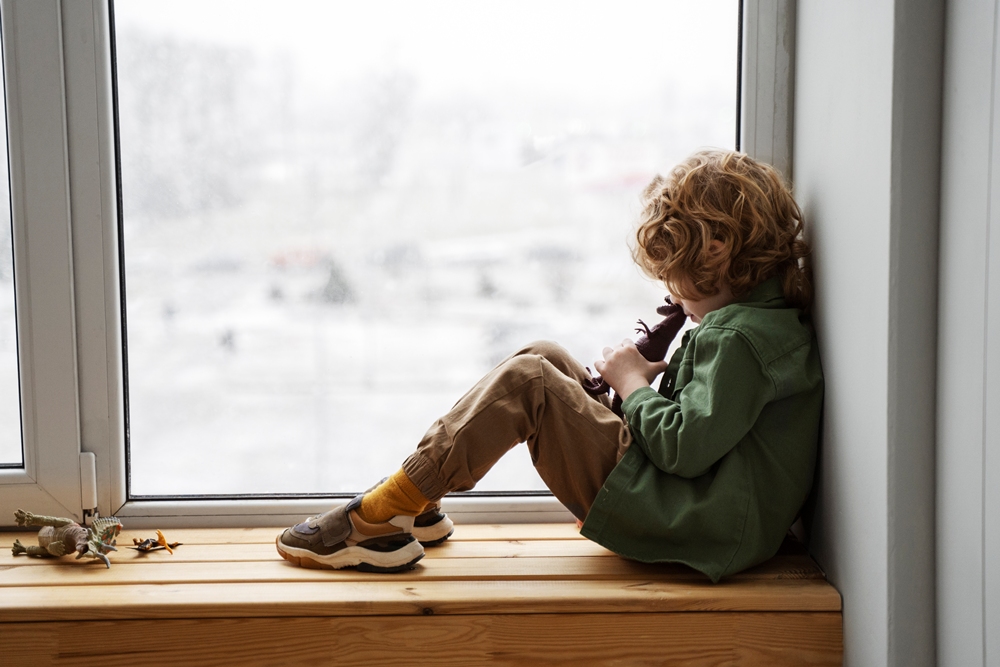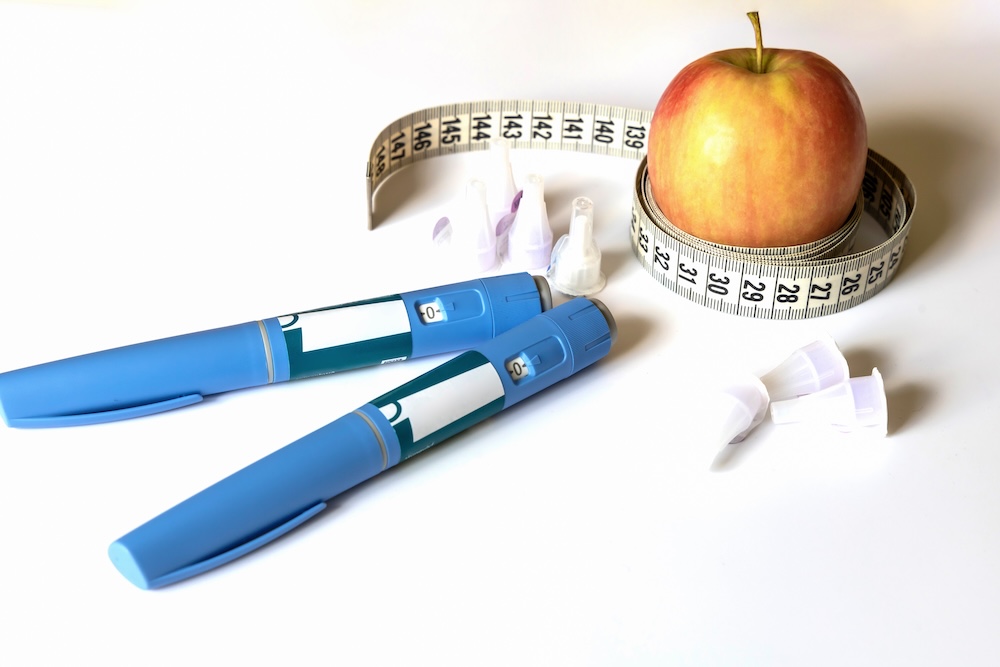News
Childhood loneliness linked to increased risk of dementia, study finds

Childhood loneliness increases the risk of dementia in later life, according to new research.
Adults who recalled being lonely and without a close friend in childhood faced a 41 per cent higher risk of developing dementia, even if they were no longer lonely as adults.
People who frequently felt lonely without close friends during youth showed accelerated cognitive decline — a worsening of memory and thinking — and started middle age with lower scores on these skills.
Researchers from universities in China, Australia and the US, including Harvard and Boston universities, analysed data from 13,592 Chinese adults tracked from June 2011 to December 2018.
The critical factor was the subjective feeling of loneliness itself. Those who reported often feeling lonely as children had a 51 per cent higher dementia risk, even if some had close friends.
However, those who only lacked close friends but did not feel lonely showed no significant difference in risk.
Nearly half of roughly 1,400 adults in the study reported being lonely and without close friends during childhood.
The 4.2 per cent who experienced both faced the highest risk of cognitive decline.
The link to dementia remained strong even for people who were no longer lonely in adulthood, suggesting early-life isolation can have lasting effects on brain health.
During childhood, the brain develops rapidly and is vulnerable to harm. Loneliness acts as a chronic stressor, flooding the developing brain with harmful hormones that can damage memory centres, and it reduces stimulation from social play and peer interaction that helps build robust neural networks.
A separate 2024 study of more than 10,000 older adults found that specific childhood hardships — including poverty, disruptive home environments or parental addiction — were directly linked to poorer cognitive function later in life.
Youth loneliness appears to be rising, partly linked to widespread social media use.
Among girls, 64 per cent aged five to seven, 67 per cent aged eight to 10, and 73 per cent aged 11 to 13 reported feelings of loneliness last year. More than a quarter of boys aged 11 to 17 in the US report feeling lonely.
Children face growing social isolation, with one in four Americans now eating every meal alone — a rate that has surged by over 50 per cent since 2003. Sharing meals with friends and family helps build bonds and positive memories in youth.
Fewer children are playing outside or joining team sports.
A recent study reported that one in three children do not play outside on school days, and one in five do not do so even at weekends.
The 2024 research found a direct, dose-dependent relationship between childhood adversity and cognitive problems in adults — the greater the early trauma, the greater the later risk.
For each significant increase in early trauma, individuals faced an eight per cent higher risk of daily memory issues and scored lower on objective tests of mental speed and focus.
News
Weight loss jabs my only temporarily reduce ‘food noise,’ study finds
News
Don’t miss you essential monthly agetech update

Your essential monthly update on agetech’s progress
Welcome to your monthly snapshot of the facts, figures, opinions, trends and challenges shaping the development of agetech.
Our new monthly tracker report aims to provide an concise update for busy agetech professionals on the many factors influencing your work.
Here you will find a concise breakdown of deals, developments and opportunities from the last 30 days; and insight and opinion from leading thinkers in the field.
We hope you find something useful and/or inspiring below – and welcome any feedback about what else you’d like to see included.
News
One in 20 children has high blood pressure, study finds

Rates of high blood pressure in children have almost doubled since 2000, with more than one in 20 now affected, new global research shows.
In 2020, 6.2 per cent of under-19s had high blood pressure, compared with 3.2 per cent in 2000.
High blood pressure, also known as hypertension, now affects 114 million children worldwide, according to an international team including academics from the University of Edinburgh and Zhejiang University in China.
The authors examined data on 443,000 children from 21 countries and found obesity was a substantial driver of the problem.
Nearly 19 per cent of children and adolescents with obesity have high blood pressure, compared with 3 per cent among those with a healthy weight.
In England, one in ten (10.5 per cent) children in the first year of primary school is obese. By the final year, 22.2 per cent are obese, according to the National Child Measurement Programme.
High blood pressure occurs when the force of blood pushing against artery walls is consistently too high, which can damage blood vessels and organs over time.
Co-author Dr Peige Song of Zhejiang University attributed higher rates to unhealthy diets, decreased physical activity and rising childhood obesity.
She said: “The analysis showed that children and adolescents with obesity are nearly eight times more likely to develop hypertension.”
“Parents play a pivotal role in preventing and managing high blood pressure in children.
“Promoting healthy habits, such as a balanced diet rich in fruits, vegetables and whole grains while minimising salt and sugar intake, can substantially reduce the risk of hypertension.”

 Insights1 month ago
Insights1 month agoWeight loss jabs could make cancer scans less effective, study suggests

 News3 weeks ago
News3 weeks agoRound up: US$25m fund to reimagine human longevity

 News2 months ago
News2 months agoExercise may lower dementia risk, study suggests

 News1 month ago
News1 month agoCairns buys AI health app Together by Renee

 News2 weeks ago
News2 weeks agoCitrus and grapes may protect against type 2 diabetes

 News2 months ago
News2 months agoEarly diagnosis can improve ‘dementia journey’, charity says

 News4 weeks ago
News4 weeks agoGeneration Lab raises US$11m for ageing diagnostics

 News7 days ago
News7 days agoSnoring, silence, and the menopause taboo: The hidden health crisis affecting millions




































